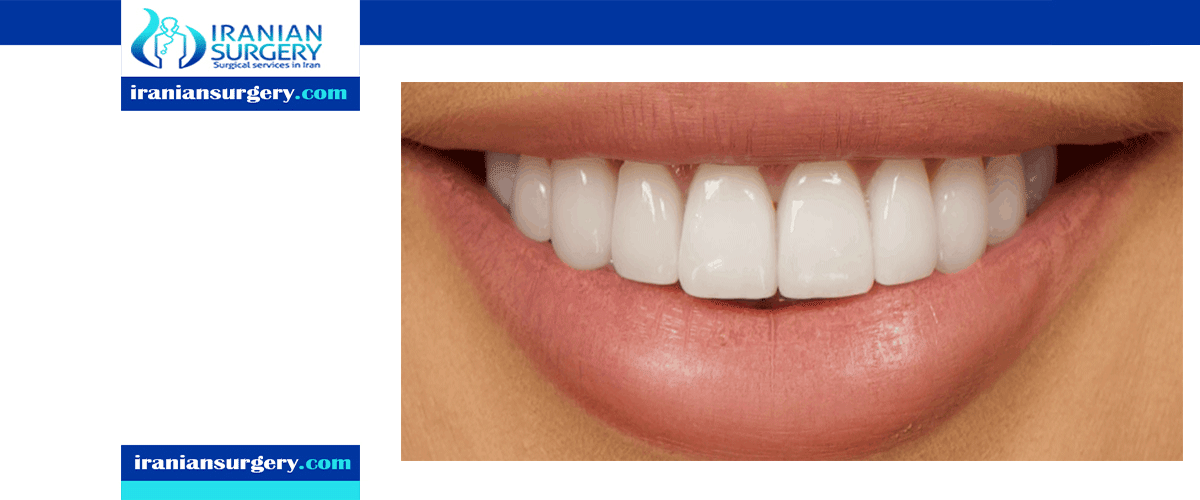Problems with Veneers

What are disadvantages of dental veneers?
Dental veneers have some drawbacks, which are as follows:
. Alteration of teeth: To fit the veneers, the tooth in focus needs to be altered or partially shed. This leads to weakening of the healthy teeth. Customized veneers are created with proper measurements to ensure minimum loss to the teeth.

. Irreversible: The procedure of placing veneers is not reversible that is, once you get a veneer there is no way back. Careful consideration and diagnosis is required before opting this treatment. However, properly placed veneers rarely develop any complications.
. Sensitivity due to dentine exposure: Efforts should be made by dentists to ensure less exposure to the dentine. This exposure may lead to sensitivity problems. However, sensitivity disappears in a week after the permanent veneers are fit.
. Pricey: Veneers have high costs.
. Porcelain dental veneers may chip or crack if you bite your nails, chew on ice, or grind your teeth.
. Tooth decay under a dental veneer can occur, which may lead to necessary root canals and/or porcelain crowns.
Read more about : Are Removable Veneers Possible?
Who should avoid a dental veneer procedure?
. People who want to change the shape of their teeth considerably due to extensive damage are better candidates for dental crowns.
. People who are only looking for a whiter color and no changes in shape should consider teeth whitening and not veneers.
. People with crooked dental arch or badly aligned teeth should not opt for veneers but for orthodontic treatment like braces.
. People who grind or clench their teeth often should not opt for the procedure as the veneers can be easily broken by the movement.
. If you have decayed teeth and suffer from periodontal diseases that cause itching, redness and swelling in gums, then you may not be able to undergo a veneering procedure.
Read more about : Are Veneers Permanent?

